Image
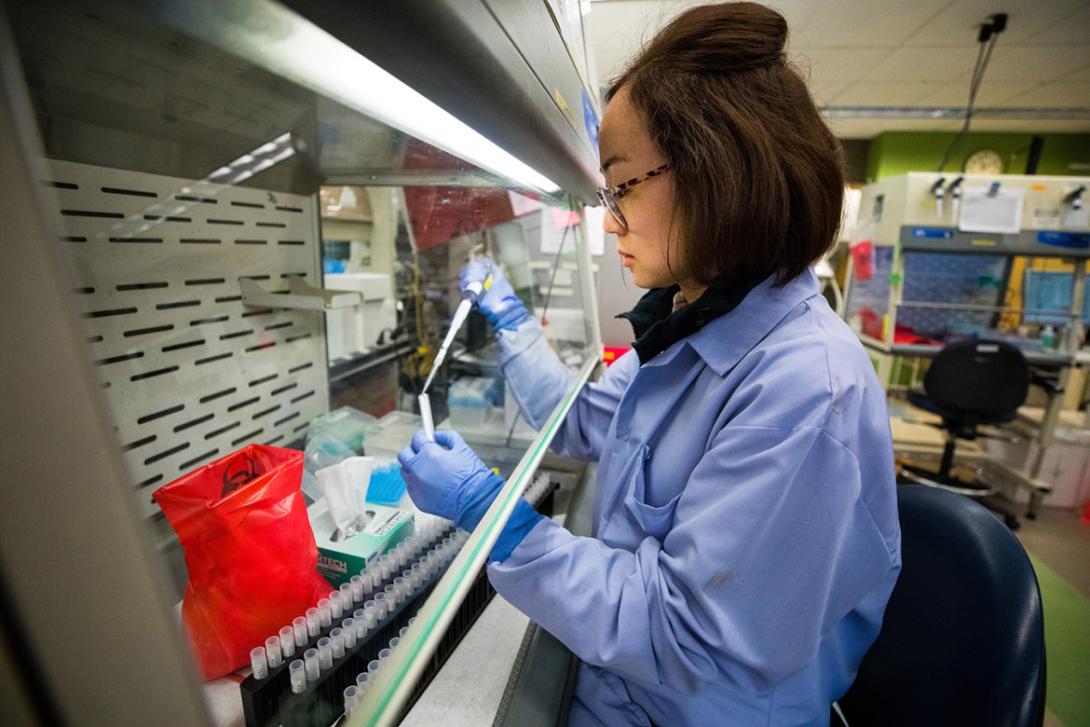
A medical laboratory scientist in Seattle reviews samples of purified genetic material to detect COVID-19 cases.
|
DAN DELONG/KAISER HEALTH NEWS
Image
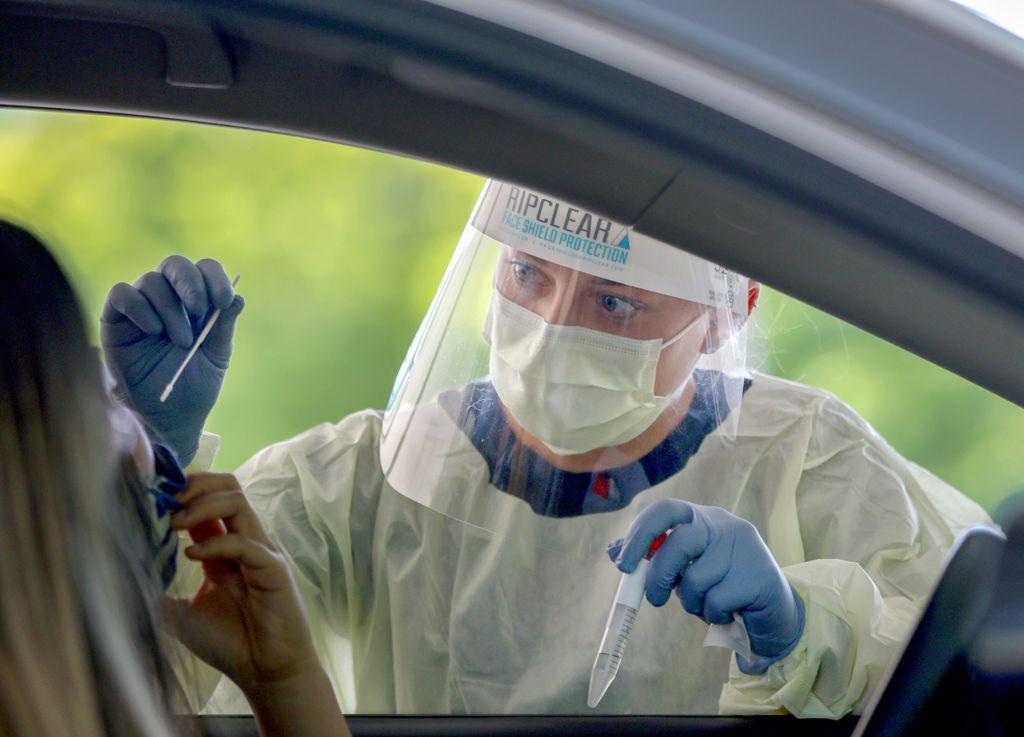
Oregon Health & Science University staff collect samples of 600 people a day at two mobile testing sites in the Portland area.
|
OHSU
Image
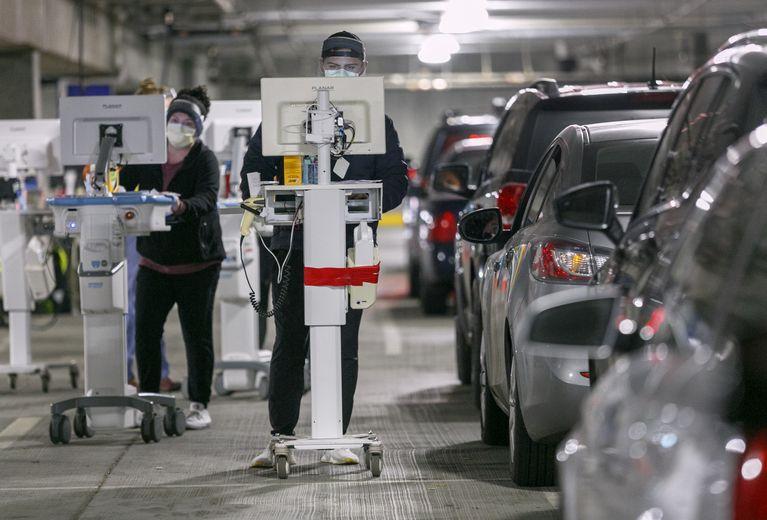
Oregon Health & Science University offers drive-through COVID-19 testing at the Oregon Convention Center in Portland./Kristyna Wentz-Graff/OPB
Image
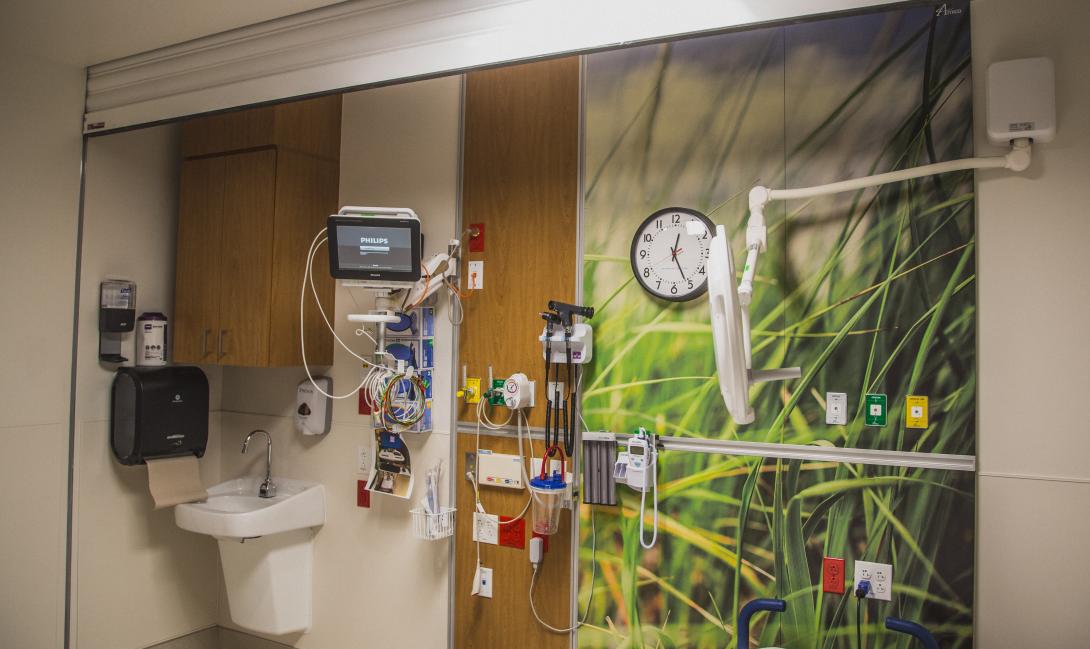
Hospitals around Oregon have prepared for a surge in COVID-19 cases.
Image
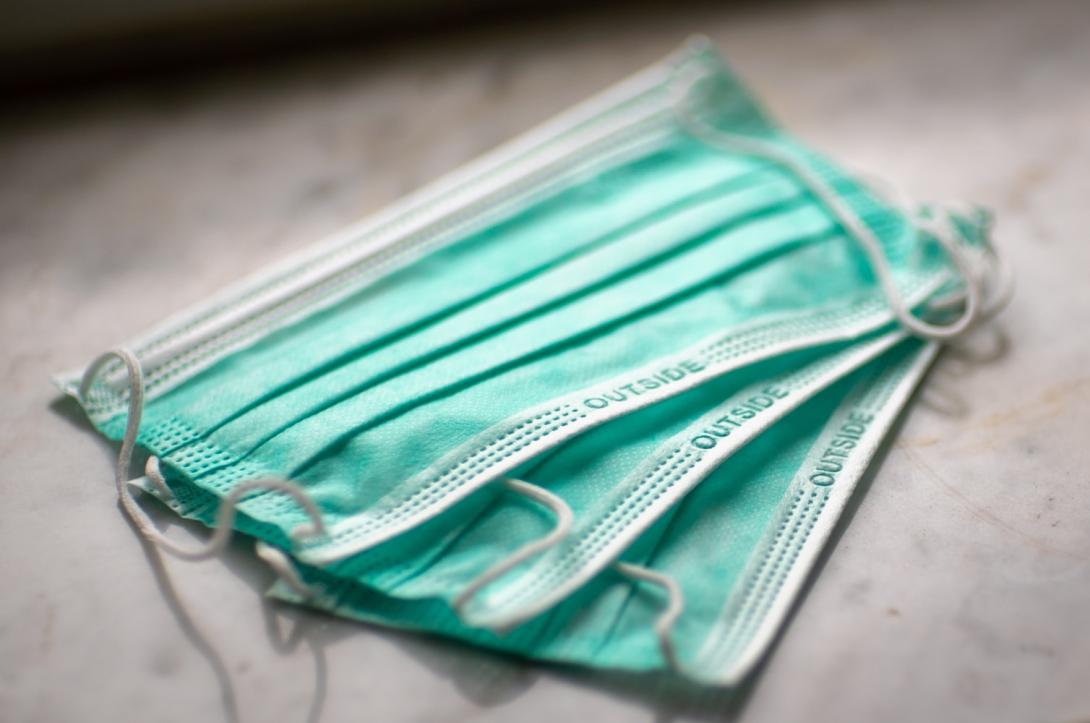
MIKA BAUMEISTER/UNSPLASH
Image

Kaiser Health News illustration
Image
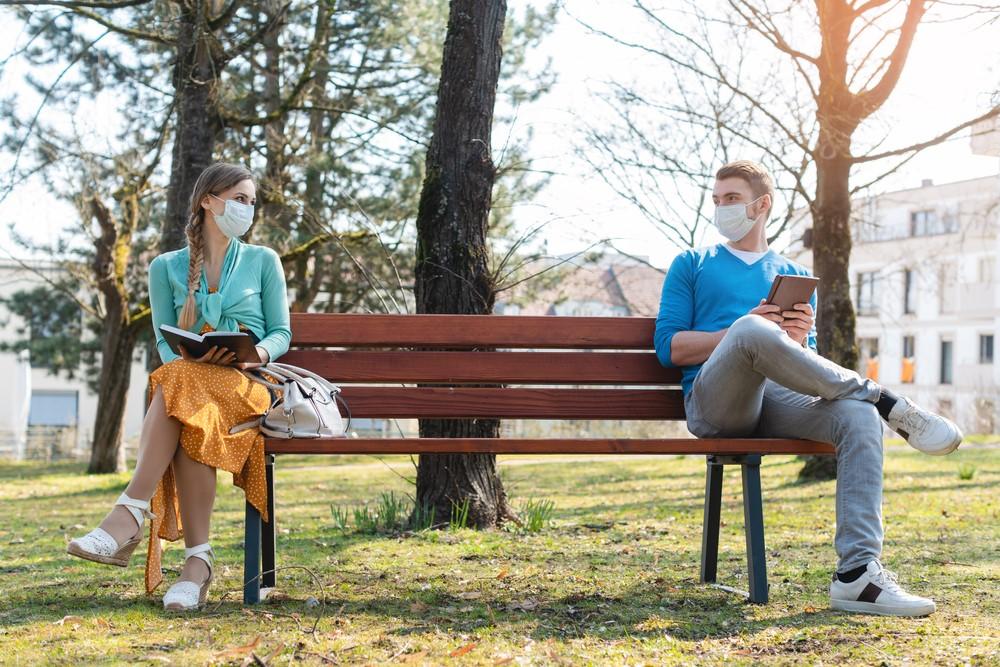
SHUTTERSTOCK
Image
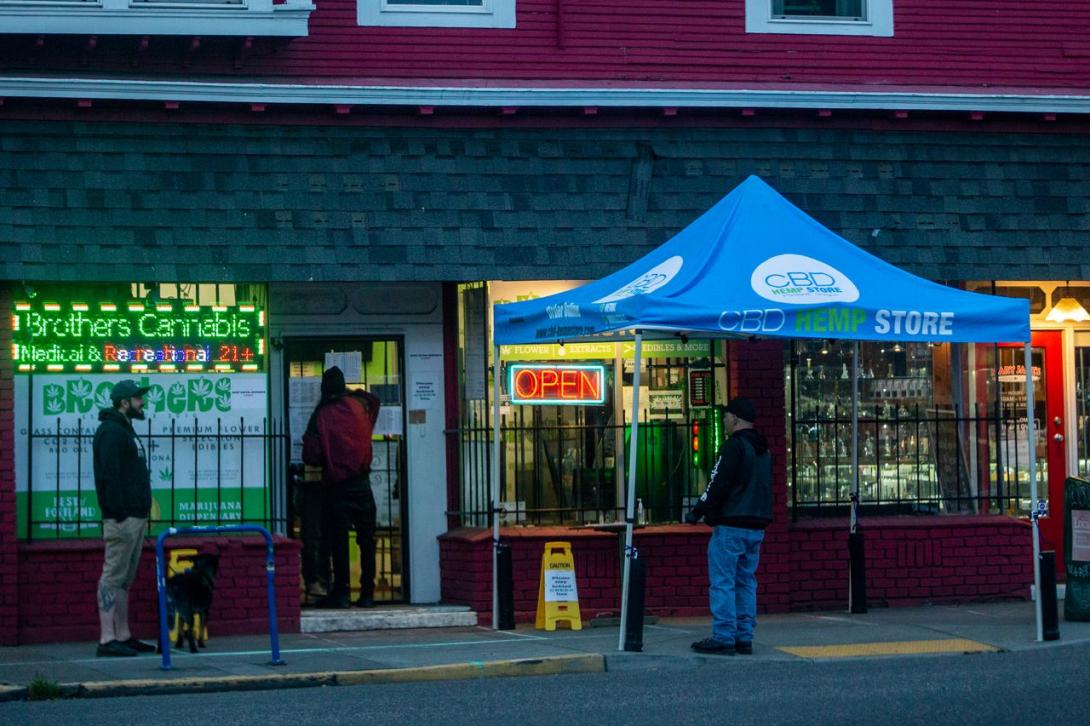
Brothers Cannabis located in Southeast Portland has remained open during the pandemic/Mark Graves/The Oregonian/OregonLive
Image

SHUTTERSTOCK
Image

SHUTTERSTOCK